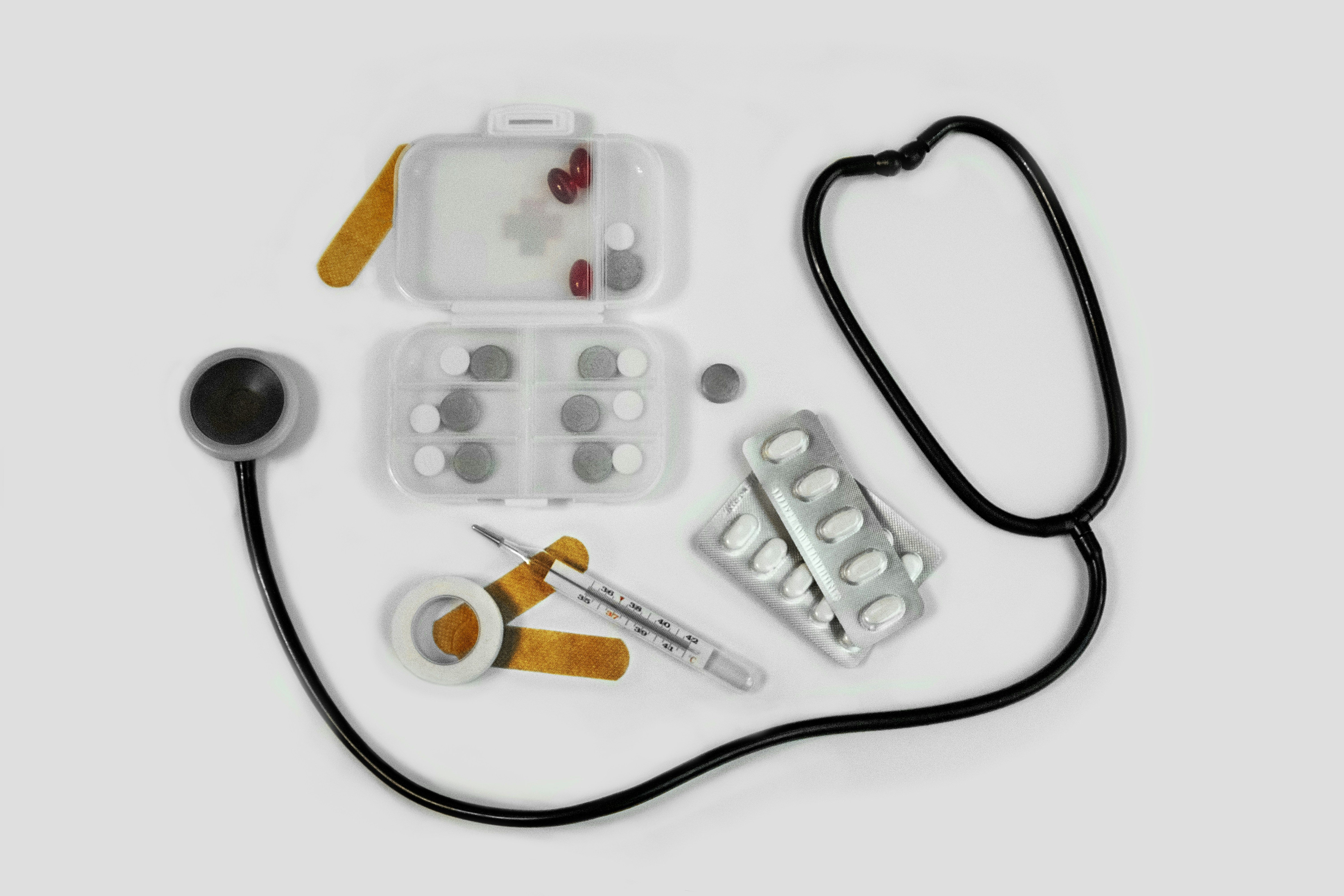As more people seek effective ways to improve their health, weight loss medications have become an increasingly common part of that journey. From the revolutionary GLP-1 agonists like Ozempic, Wegovy, and Zepbound to other effective drugs, these treatments offer promising avenues for weight management and improved well-being.
However, as interest surges, so do concerns about the actual cost of these medications—especially for those facing limited or no insurance coverage. For many, the out-of-pocket price can become an insurmountable barrier.
Below, we’ll demystify the financial landscape of weight loss medications, focusing on the costs you may encounter when paying entirely on your own—and offering practical strategies to make these vital treatments more affordable when insurance isn’t an option.
Understanding Weight Loss Medications
Before diving into costs, let's briefly understand what these medications are and how they work. Weight loss medications are prescription drugs designed to assist individuals in managing their weight, often by suppressing appetite, increasing feelings of fullness, or altering metabolism.
Common types include:
- GLP-1 Agonists: Semaglutide (Ozempic, Wegovy) and tirzepatide (Zepbound) are prominent examples. These medications mimic a natural hormone that helps regulate blood sugar and appetite. Semaglutide peptide is the active ingredient behind these drugs and plays a key role in promoting satiety and improving glucose control.
- Other Medications: Orlistat (Xenical, Alli) works by reducing fat absorption, while phentermine-topiramate (Qsymia) combines an appetite suppressant with an anti-seizure medication to enhance weight loss.
It's crucial to remember that these are powerful prescription drugs. Their use should always be under the strict supervision of a qualified healthcare provider who can assess your suitability, monitor progress, and manage potential side effects.
Affordable Weight Loss Medication (Without Insurance) Starts Here
Without insurance, the cost of weight loss medications can be substantial, often placing them out of reach for many. Popular brand-name medications typically have monthly cash prices ranging from $1,300 to over $1,600. Here's a look at approximate monthly cash prices for some mainstream weight loss medications:
- How much does Wegovy cost without insurance? Approximately $1,400 per refill¹
- How much does Zepbound cost without insurance?: Approximately $1,000 per refill²
- How much does Ozempic cost without insurance?: Approximately $1,000 per refill³
- How much does Saxenda cost without insurance: Approximately $1,400 per refill⁴
- How much does Contrave cost without insurance? Approximately $650 per refill⁵
Why Is Weight Loss Medication So Expensive?
The hefty price tags of these medications stem from several factors, primarily the immense investment required for research and development (R&D), which can amount to billions for new drug discovery, clinical trials, and regulatory approvals.
Pharmaceutical companies also hold patent protection, granting them exclusive rights to sell the drug for a specific period, thereby preventing generic competition and allowing them to set high prices to recoup their substantial R&D costs.
Furthermore, the significant demand for effective weight loss solutions—particularly injectables—and their proven results play a major role in driving up the cost of weight loss injections.
Finally, the current lack of generic alternatives for many of the newer, highly effective weight loss drugs, which are still under patent, means there's no market force to naturally drive prices down.
Factors Influencing the Cash Price of Weight Loss Medications
Even when paying out-of-pocket, several variables can impact the exact cash price you encounter:
- Dosage and Supply: A higher prescribed dose or purchasing a multi-month supply might naturally cost more upfront.
- Pharmacy Pricing Variations: Prices can differ significantly between pharmacies, even within the same city or state. Independent pharmacies, large chain stores, and online pharmacies may all have different pricing structures.
- Geographic Location: Drug prices can vary by region and state due to different market dynamics and supply chain costs.

Strategies to Potentially Reduce Costs
Even with the complexities of paying without insurance, there are proactive steps you can take to potentially reduce the financial burden:
- Talk to a Doctor: Have an open conversation about the costs and potential alternatives, and ask if your doctor’s office can help you find manufacturer programs or provide samples. They are your best resource for navigating these challenges.
- Consider Flexible Spending Accounts (FSAs) and Health Savings Accounts (HSAs): If you have access to an FSA or HSA through your employer, these pre-tax accounts can help offset the cost of qualified medical expenses, including prescriptions. However, contribution limits and eligibility restrictions may limit how much relief they actually provide.
- Look Into Discount Programs and Savings Tools: Some third-party services and pharmacy discount cards offer reduced prices on brand-name medications. That said, savings can be inconsistent, and not all medications or pharmacies accept these programs—so results may be limited.
- Explore Compounded Options: Compounded weight loss medications are becoming a more popular choice for those seeking affordable alternatives to brand-name drugs. These formulations often use the same active ingredients—like semaglutide or tirzepatide—found in medications such as Ozempic, Wegovy, or Zepbound, but are customized to the patient’s needs and offered at a lower cost. Since compounded medications aren’t FDA approved, it’s essential to choose a reputable, licensed compounding pharmacy to ensure safety and quality.
Frequently Asked Questions
Why is Ozempic so expensive?
Ozempic’s cost is likely due to the extensive research, clinical trials, and regulatory processes required to bring it to market. Patent protections and growing demand also contribute to its premium pricing.
How much are weight loss drugs out of pocket?
Some weight loss medications can cost $1,400 or more per month without insurance, which leads many people to explore alternative options that may be more affordable.⁴
What is the most affordable weight loss medication?
Weight loss medications that have been on the market for a while may be less expensive than newer options, though prices can still vary by pharmacy, dosage, and insurance coverage. Compounded medications are another option that may offer a more budget-friendly alternative, depending on the provider and formulation.
A Smarter Way to Manage Weight Loss Costs
Paying for weight loss medications without insurance can feel overwhelming—but you’re not without options. By understanding what drives the cost and taking action early, you can make these treatments more affordable.
If you’re looking for lower-cost alternatives, compounded medications like semaglutide and tirzepatide may offer a more accessible path. At 24hrdoc, we make it easier to get the treatment you need. Our licensed doctors prescribe compounded medications through trusted pharmacies—helping you save without cutting corners.
Your health matters. Explore safer, more affordable online weight loss treatment with 24hrdoc today.
Sources:




